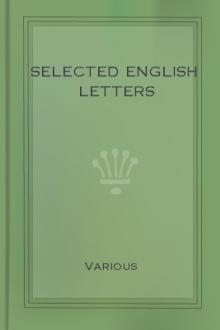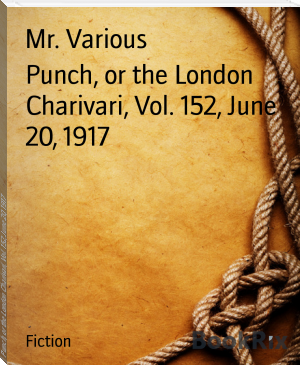Selected English Letters by - (free e novels txt) 📕

- Author: -
- Performer: -
Book online «Selected English Letters by - (free e novels txt) 📕». Author -
g such a pupil, and happier still you, in havingsuch a tutor ... I ask two things of you, my dear Elmar, for I supposeyou will read this letter, that you will persuade the Lady Jane towrite me a letter in Greek as soon as possible; for she promised shewould do so ... I have also lately written to John Sturm, and told himthat she had promised. Take care that I get a letter soon from her aswell as from you. It is a long way for letters to come, but John Haleswill be a most convenient letter-carrier and bring them safely....
To LADY CLARKE
An offer of assistance
[London], 15 Jan. 1554.
Your remarkable love of virtue and zeal for learning, most illustriouslady, joined with such talents and perseverance, are worthy of greatpraise in themselves, and greater still because you are a woman, butgreatest of all because you are a lady of the court; where there aremany other occupations for ladies, besides learning, and many otherpleasures besides the practice of the virtues
Free e-book «Selected English Letters by - (free e novels txt) 📕» - read online now
Similar e-books:





Comments (0)